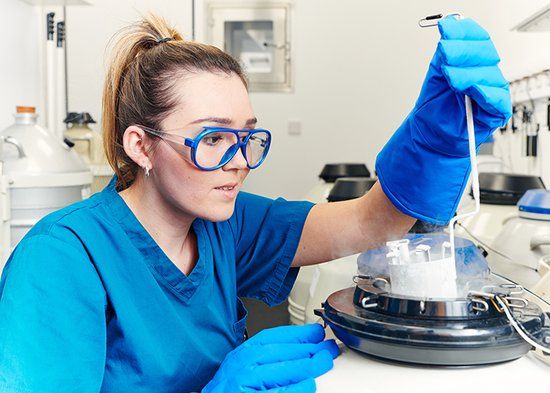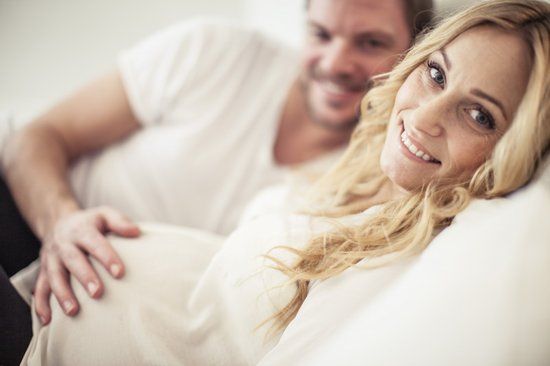What’s the best age to have a baby? According to a new survey of over 3,000 women, the majority think that 29 is the ideal time to start a family because it’s when they will feel secure enough in terms of their relationship and their finances to have a baby.
This comes as no surprise. Women are putting off having children until the ‘right time’ whether it’s due to career commitment or relationships. But what we should all remember is that a woman’s natural fertility declines as she reaches her 30s, and even more sharply from age 35.
Women simply don’t realise that as they get older, their chances of getting pregnant naturally reduces, because their eggs decline in quality. 29 is not too old to have a baby, but in reality, the best age to conceive is early 20s. But how many women have met the right partner, or indeed are ready for children, at this age?
It’s one of the reasons why many women – particularly those who are concentrating on their career - are now freezing their eggs. Egg-freezing allows women to preserve their eggs, so they can try and use them when they’re ready to conceive in the future, without the worry of their natural fertility declining.
Interestingly, the survey also revealed what women believe boosts their chances of getting pregnant naturally. Top of the list was a healthy diet, followed by regular intercourse and giving up alcohol. Losing weight and quitting smoking also featured in the responses.
Whatever your age, it’s certainly right that maintaining a healthy lifestyle can help prepare your body for conception and pregnancy. But timing is the crucial factor. You should be having unprotected intercourse every couple of days, particularly around the time of ovulation – which usually occurs in the middle of your cycle but which you can help to pinpoint using ovulation prediction kits.
It’s why infertility isn’t considered as a diagnosis until you’ve been having regular, unprotected sex for at least two years without falling pregnant. But there is no set point to seek help, so if you have concerns about how long it’s taking you to get pregnant, see your GP.
Depending upon your ages, your medical history and how long you’ve been trying for a baby, they can carry out a series of simple fertility tests, for example that will check the quality of your partner’s sperm and also to check that you are ovulating regularly. The results of these fertility tests will tell your GP if you need further fertility investigation and treatment.
Last updated: 20th January 2020




